Less TV for More of What Matters
Being a mindful user of the abundant digital offerings, including the vast choices of streaming TV, enables us to reduce the digital clutter in our lives.
These days, while we wait for the vaccine to take effect via lower-reported numbers of COVID-infected people, we remain homebound. TV is the go-to escape to fill our hours yearning for outside activities.
If we choose consciously, we can find things that matter more than spending hours binge-watching Netflix, Amazon Prime, Hulu, Roku, and more.
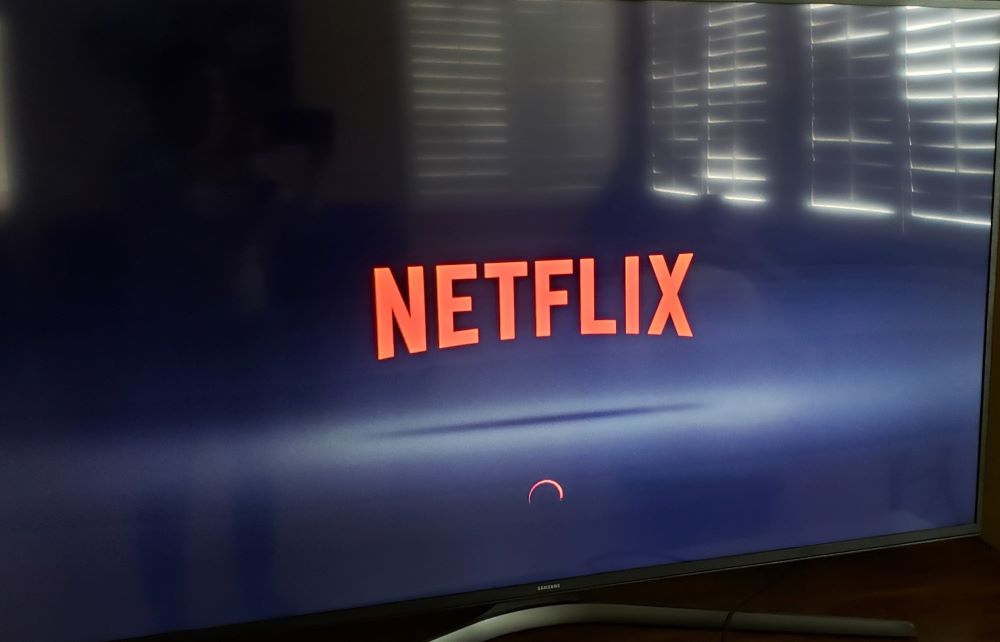
If we take time to consider how we fill the hours of our lives, we will find other activities that provide more meaning. We can start doing those things we always wanted to do but never had time for. In focusing our attention on these other activities, we will rid ourselves of the mental clutter crowding our minds and make space for the things that matter.
Consider the books you want to read. Spend more time talking with family members without being distracted by TV or your smartphone. If family and friends are not near, take time to call them or have a ZOOM chat.
It will be almost six years since I gave up my DIRECTTV television subscription. Netflix would have gone the way of Blockbuster with customers like me.
Times Change
How do I feel today about what I wrote in Letting Go to Welcome In, six years ago?
With travel plans cancelled during COVID, I spend more time at home doing the things I had planned to do… later.
Beyond reading and writing a LOT, I watch some TV.
When someone recommends a movie, I’ll watch the trailer and ask myself: Is two hours of my life worth giving up for this? What will the message be? What will I gain?
Sometimes, I enjoy a couple hours of laugh-aloud escape watching an animated film for children. Other times, I’m interested in more mature offerings that are closer to my life story.
A friend introduced me to a Netflix series that I began watching. Grace and Frankie, starring Jane Fonda and Lily Tomlin, two women, now in their 80s. They were filming these 25-minute episodes while in their mid-70s. Hurray for aging women and their male co-stars, Martin Sheen and Sam Waterston. They inspire us to age gracefully and if not, with humble humor. I am not a binge watcher; so, I’ll usually view two episodes at a time.

The older we grow the faster time passes. We have less time to do all the things we want to. By being conscious of how we spend our time with digital temptations we can fill our lives with meaning.
What digital habit can you let go for an activity that better serves you?

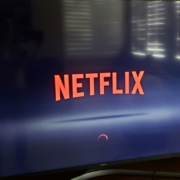
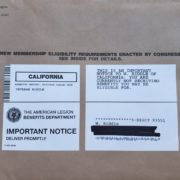
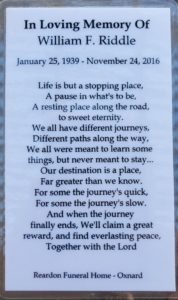

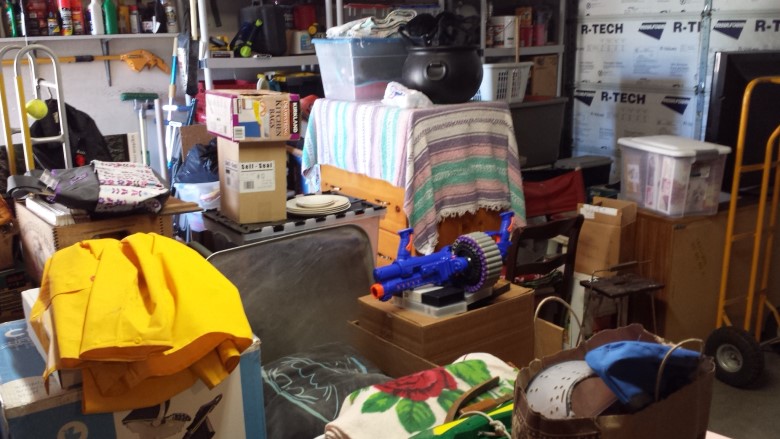

 While on a trip to Mexico, my husband and I lived high on the hog, we also lived along the middle of the hog, and under the hog. Okay, I’m stretching the cliché a little.
While on a trip to Mexico, my husband and I lived high on the hog, we also lived along the middle of the hog, and under the hog. Okay, I’m stretching the cliché a little.
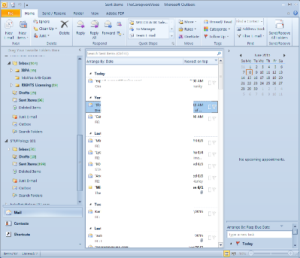 Earlier this month, after work-related travel subsided, I directed time and energy to two old subfolders with a combined 200 emails. They included Los Angeles County emails, environmental studies, initiatives, reports, and related correspondence from my work last year as a town council president. I was shocked to discover they were gone. GONE!
Earlier this month, after work-related travel subsided, I directed time and energy to two old subfolders with a combined 200 emails. They included Los Angeles County emails, environmental studies, initiatives, reports, and related correspondence from my work last year as a town council president. I was shocked to discover they were gone. GONE!


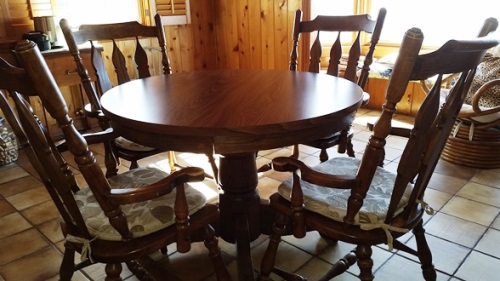 You may recall reading the part in
You may recall reading the part in 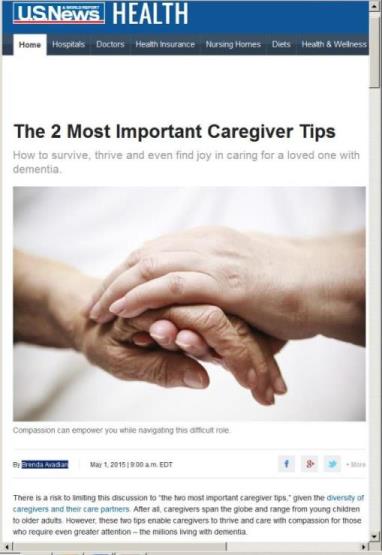
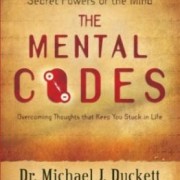
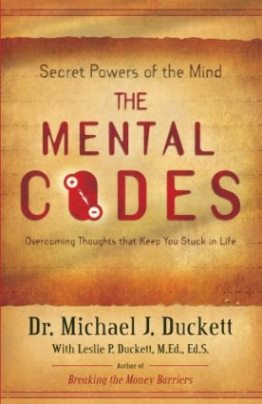 They all sound familiar, right?
They all sound familiar, right?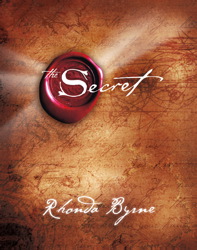

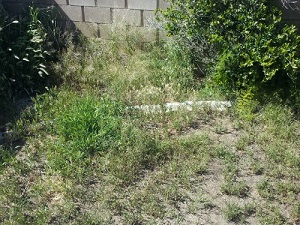

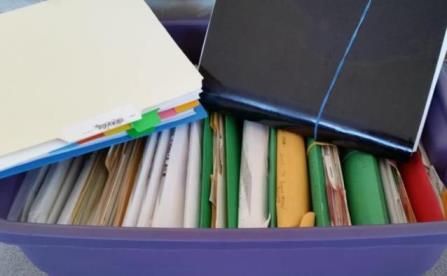 After five consecutive Sundays of going through old paperwork for two to three hours each time, my husband and I took a break this past weekend. We’ll return to reducing the clutter of old tax records, next Sunday.
After five consecutive Sundays of going through old paperwork for two to three hours each time, my husband and I took a break this past weekend. We’ll return to reducing the clutter of old tax records, next Sunday.